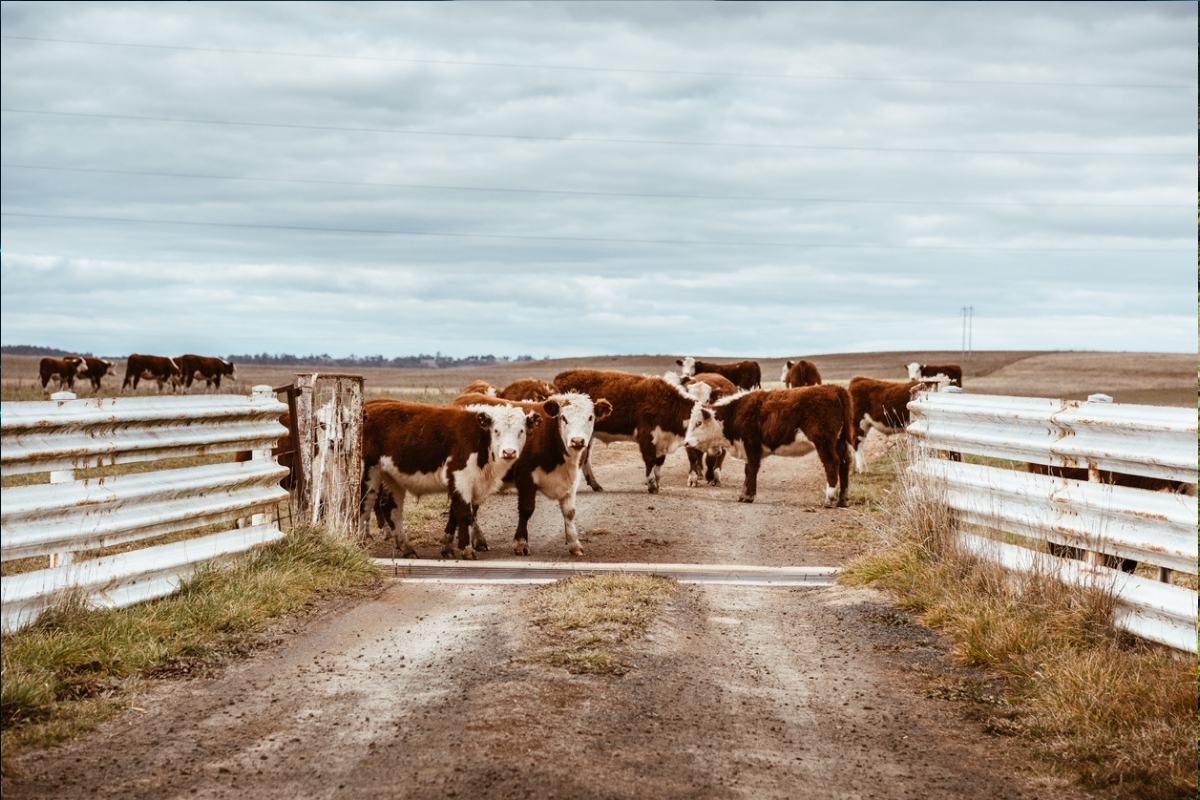Associations call for a fair free trade agreement between Australia and the EU.
Since 2018, negotiations have been underway between the European Union and Australia on a free trade agreement that could give Europe better access to critical minerals. Australia, in turn, beckons facilitation to bring goods such as wine or beef among the nearly 450 million inhabitants of the confederation of states. Therefore, Australian Prime Minister Anthony Albanese pressed last month for an agreement before the end of the year. This weekend, the meeting between his trade minister Don Farrell, and his European counterpart Valdis Dombrovskis could bring progress. Both are expected to attend the G7 meeting in Osaka.
However, Australian agricultural organizations are warning against rash decisions to the detriment of their interests. What is known so far about the details of a possible agreement would set back parts of the sector, according to the National Farmers’ Federation (NFF). It represents more than 30 Australian associations, from the sugar industry to wool production, and is campaigning for Australia not to let the EU dictate the pace of negotiations. The voice of the NFF is likely to carry weight, as the share of agriculture in Australia’s gross domestic product is 2.4 percent, significantly higher than in Germany (0.8 percent) or the U.S. (1.1 percent).
Australia is seen as one of the hopefuls for making Europe less dependent on raw materials from China. This is the case, for example, concerning rare earths, resources that are virtually irreplaceable for the energy transition’s success. A free trade agreement would be convenient here because it would simplify European investments in the mining sector, as Minister Farrell said in August (we reported).
Photo: iStock/franckreporter


